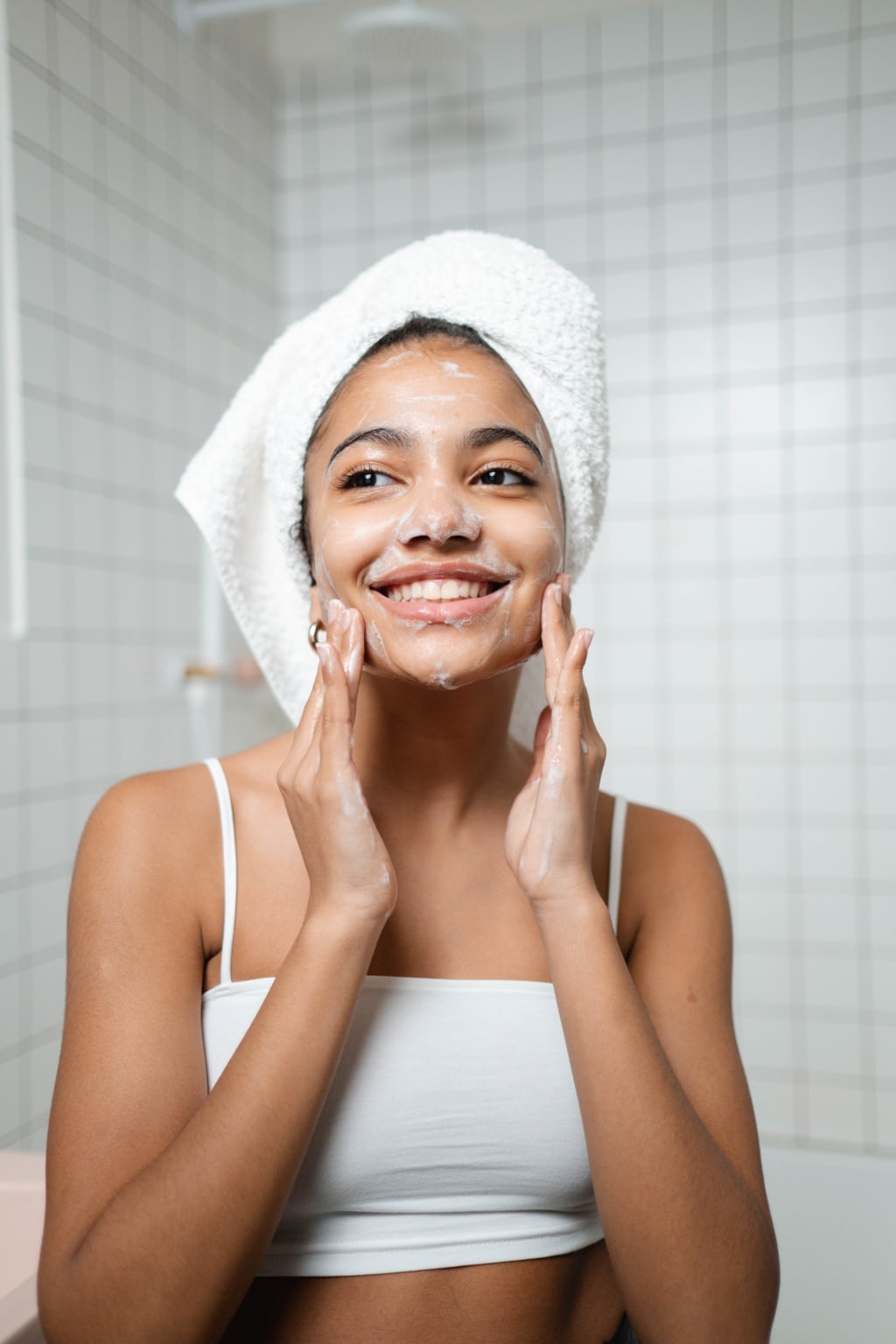What Your Skin Is Telling You About Your Health
Care for your Skin

As the largest organ of our body, the skin gives us a lot of information about our health. Our skin is the first line of defense against environmental toxins, harmful pollutants, and pathogens that infiltrate our body. Our skin is involved in regulating body temperature, excreting waste products, and producing vitamin D. Furthermore, our skin reflects our inner health condition. In fact, many common skin issues can be linked to underlying medical conditions that require attention. In this article, we will delve deeper into the topic of how our skin can reveal secrets about our health and what we can do to keep it healthy.
1. Acne
Acne is a common skin problem that many people face during their adolescent years. However, acne can persist into adulthood, leading to low self-esteem and social anxiety. Acne is caused by the clogging of hair follicles with oil, bacteria, and dead skin cells. While the hormones play a major role in developing acne, certain medical conditions like Polycystic Ovary Syndrome (PCOS), Cushing’s Syndrome, and thyroid disorders can aggravate acne. If you are experiencing persistent and severe acne, it's a good idea to consult with a dermatologist who can identify the underlying cause and recommend appropriate treatment.
2. Rashes
Rashes are a common skin problem that can appear as a symptom of an underlying medical condition. Rashes can be caused by viral, bacterial, and fungal infections, allergies, autoimmune diseases, and medication side effects. Rashes can range from minor skin irritation to painful and itchy blotches that affect the quality of life. If you experience any unexplained rashes that persist for more than a few days, it's important to consult your doctor who can identify the cause and recommend appropriate treatment.
3. Wrinkles
Wrinkles are a natural part of the aging process. As we age, our skin becomes less elastic, and the production of collagen and elastin decreases. While some wrinkles can be attributed to genetics and sun exposure, certain health conditions can speed up the aging process and lead to premature wrinkles. Smoking, poor nutrition, dehydration, and stress can significantly contribute to aging skin. To maintain youthful-looking skin, it's important to follow a healthy lifestyle that includes regular exercise, a balanced diet rich in antioxidants, hydration, and stress management.
4. Dark circles
Dark circles under the eyes are a common cosmetic concern that can make us look tired and unwell. While lack of sleep is the most common cause of dark circles, certain medical conditions like anemia, allergies, and thyroid disorders can also contribute to the appearance of dark circles. Anemia is a condition that arises due to a deficiency of red blood cells, causing fatigue, pale skin, and dark circles. Allergies can cause itchy, watery eyes that increase the appearance of dark circles. If you experience persistent dark circles that don't improve with lifestyle changes, it's important to consult your doctor who can investigate the underlying cause.
5. Dry skin
Dry skin is a common skin problem that can be caused by a variety of factors like poor diet, dehydration, exposure to harsh environmental factors, and certain medical conditions like thyroid disorders and diabetes. Dry skin can be characterized by flakiness, itchiness, and tightness. To alleviate dry skin, it's important to follow a moisturizing routine that includes gentle cleansing, regular exfoliation, and application of hydrating agents like aloe vera, hyaluronic acid, and glycerin.
In conclusion, our skin gives us a lot of information about our health, and it's important to pay attention to it. While some skin problems can be treated with over-the-counter products, persistent and severe symptoms may require medical attention. Maintaining healthy skin involves adopting a healthy lifestyle that includes a balanced diet, regular exercise, stress management, and adequate hydration. In addition, incorporating good skincare habits like using gentle products, regular exfoliation, and moisturization can go a long way in keeping our skin healthy and youthful-looking. By taking care of our skin, we can not only boost our self-confidence but also maintain good health and wellbeing.






Comments
There are no comments for this story
Be the first to respond and start the conversation.